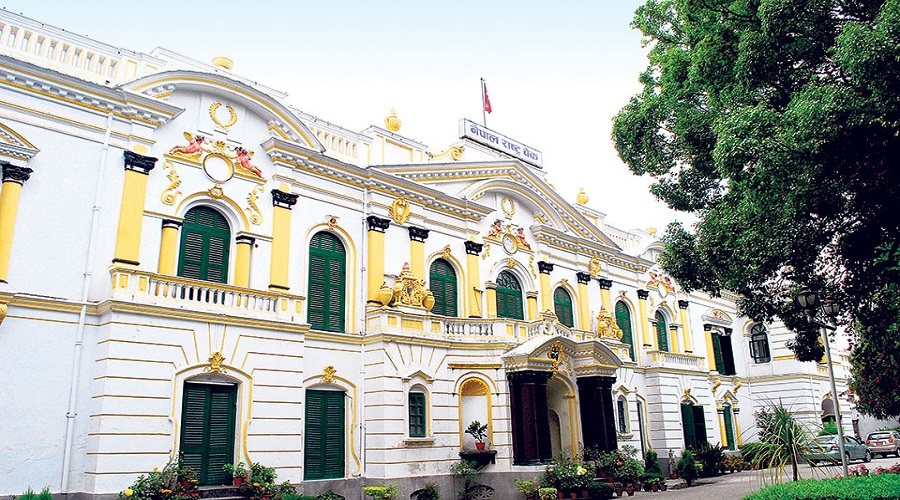KATHMANDU: Nepal Rastra Bank (NRB) has removed the provision of cash margin, which the importers need to maintain against their letters of credit (LCs) while importing goods.
Issuing a unified circular on Thursday, the NRB asked the banks and financial institutions concerned not to consider the cash margin. For the past one year, the central bank has been imposing a mandatory 50-100 percent cash margin on the import of around 300 goods, including automobiles.
Citing the need to impose restriction measures on imports amid depleting foreign currency reserves, the NRB had enforced the rule of cash margin. Earlier, traders were required to maintain a cash margin of only 5-10 percent of the value of goods while importing goods.
As an effect of the central bank slapping restrictions on imports, the country’s foreign currency reserves have improved. The NRB records show that the country’s foreign currency reserves reached Rs 1.292 trillion in the first five months of the current fiscal year. The amount will be sufficient for Nepal to import goods and services for the next 8.7 months.
The central bank is reportedly under pressure from the International Monetary Fund (IMF) to ease the restrictive measures on imports. Last month, the government lifted the seven-month-old ban on the import of “luxury goods” to meet a condition of the IMF ahead of the formation of a new government.
According to former finance secretary Rameshwor Khanal, imposing an import ban for a long time is not a better solution. “Rather, the authorities need to control the credit on imports using monetary tools,” he said.
Raising a concern over the prolonged trade restrictions, the IMF had even delayed the second installment of a US $ 398.5 million loan approved for Nepal. In January 2022, the IMF approved the extended credit facility for Nepal.
Of the amount, Nepal has already received $ 110 million as the first installment. As per the agreement, the IMF was supposed to provide around $ 55 million in the second disbursement.
The watchdog organization of the international monetary system announced a 38-month financing package to Nepal to mitigate the Covid-19 pandemic’s impact on health and economic activities, protect vulnerable groups, preserve macroeconomic and financial stability, and support sustained growth and poverty reduction.

